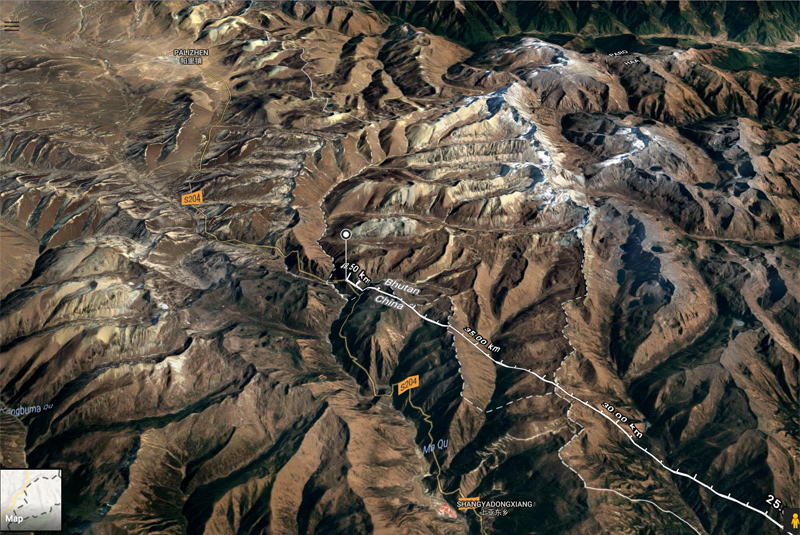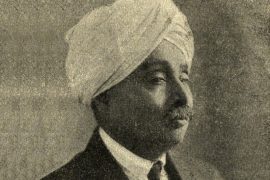Throughout history, Bhutan has resolutely charted its own destiny in South Asia. This, despite the country’s location at the intersection of great powers
Bhutan had a love-hate-love relationship with Tibet. They owe their cultural roots to Tibet; the first Shabdung (1594-1651) hailed from Southern Tibet and is considered Bhutan’s first ruler. Buddhism spread from Tibet to Bhutan. But from the seventeenth century, the landlocked nation had to fend off numerous invasions from Tibetan chieftains.
It’s these invasions that led Bhutan to build its iconic ‘Dzongs’ across the country; fortresses that were ostensibly defensive, serving administrative and religious functions.
In 1627, to help the Bhutanese fend off the invaders, a group of Portuguese missionaries (who were the first Europeans to visit Bhutan) offered the then ruler, Ngawang Namgyal, guns, gunpowder and a telescope. It was a timely offer of modern technology. However, Bhutan looked at the offer of foreign military aid with suspicion and turned down the offer.
Namgyal unified the provinces that later became Bhutan – fending off invasions from Tibet as well as from the Mongols. Since then, Bhutan has maintained a culture of independence.
Copyright©Madras Courier, All Rights Reserved. You may share using our article tools. Please don't cut articles from madrascourier.com and redistribute by email, post to the web, mobile phone or social media.Please send in your feed back and comments to [email protected]











